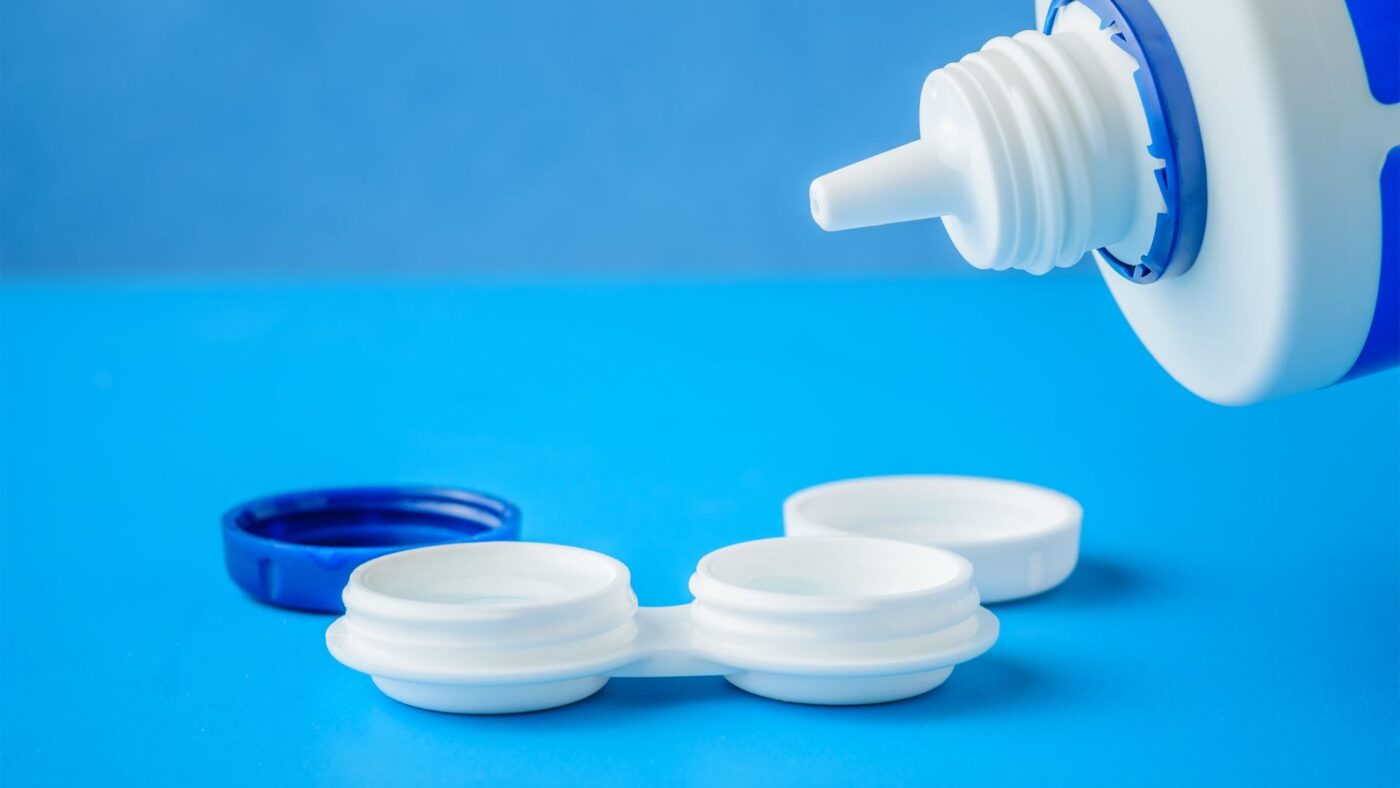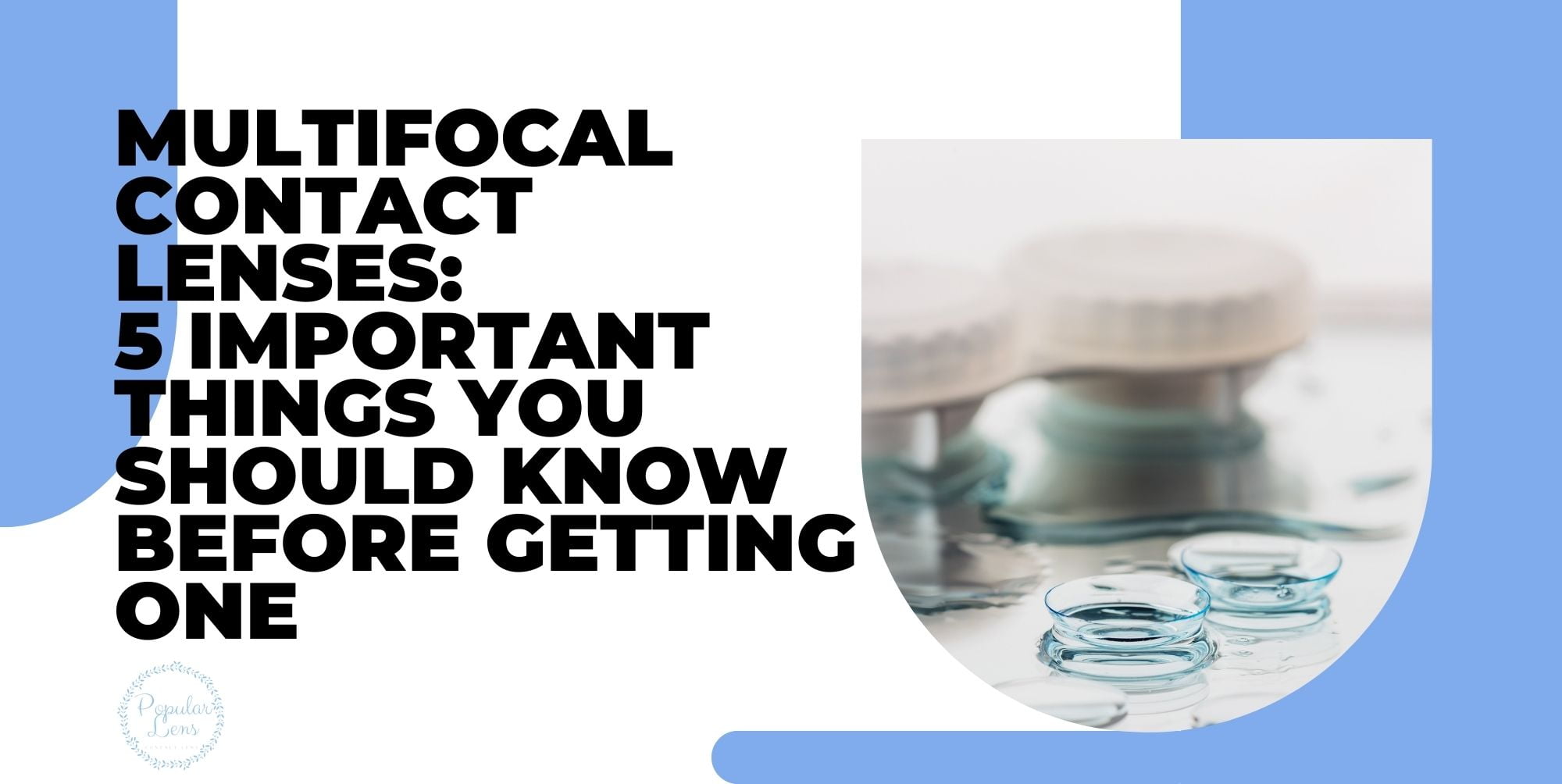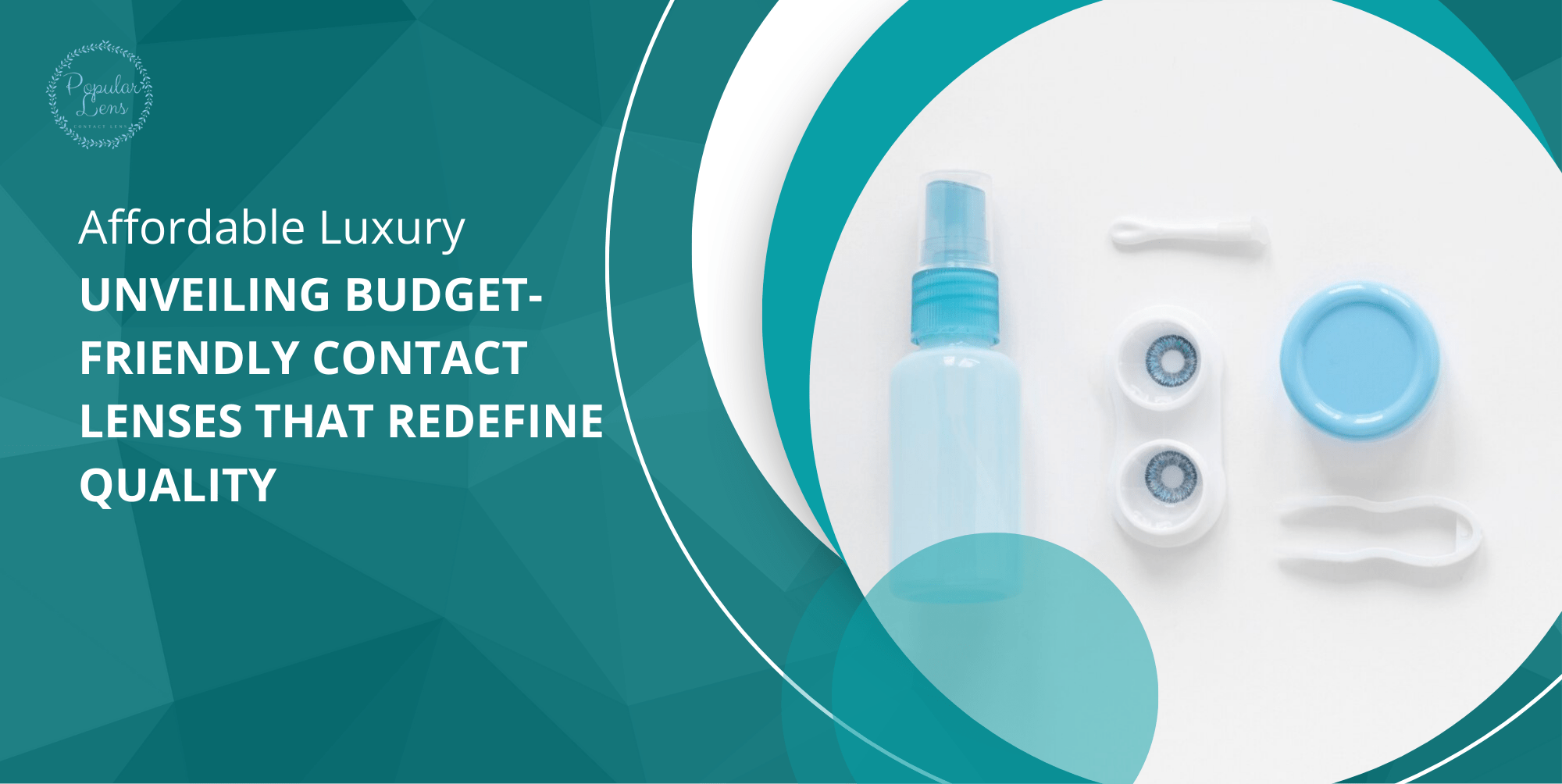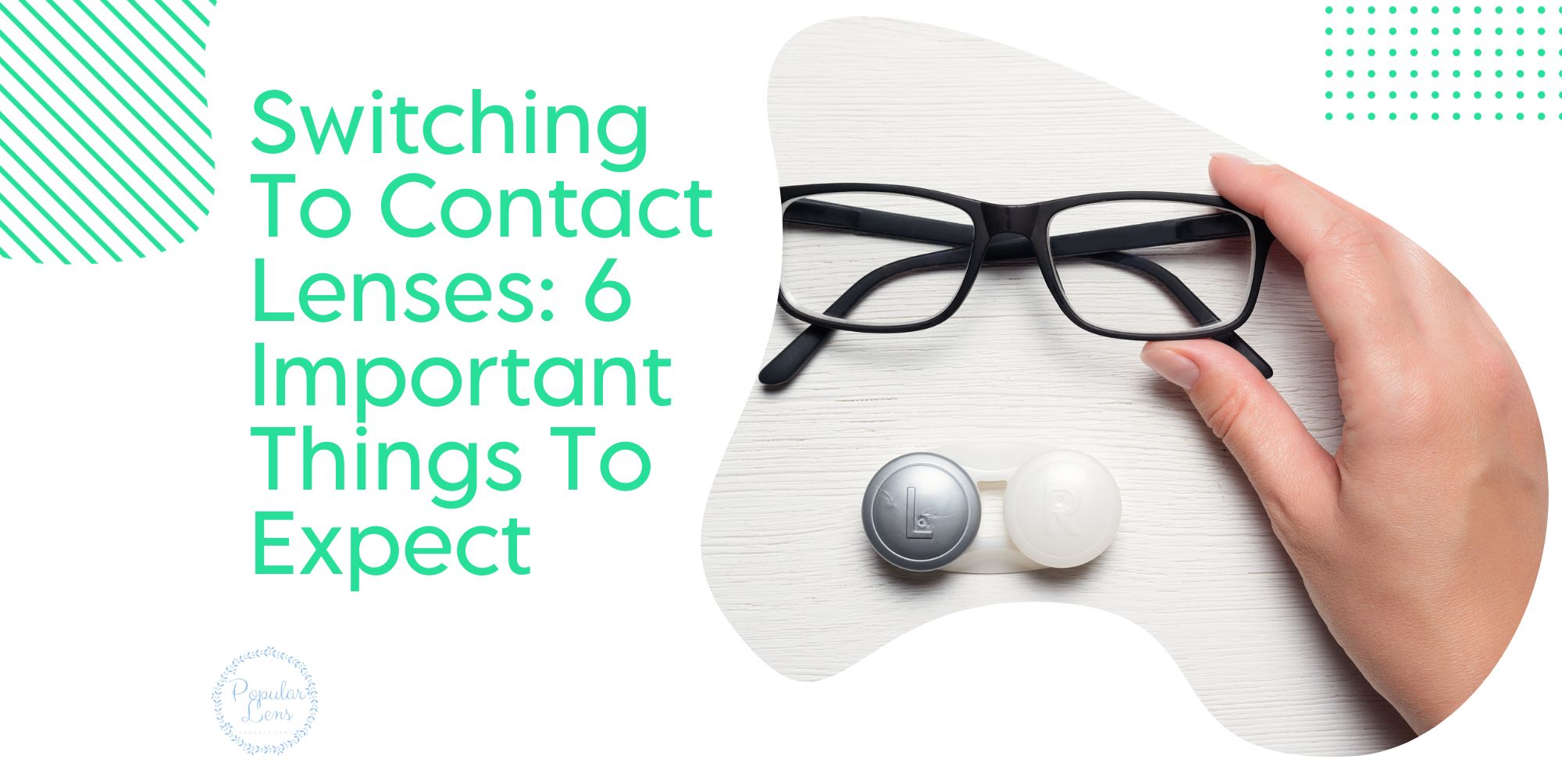Lifestyle
Contact Lens Case: #1 Ultimate Guide You Need To Be Aware Of
Many people opt for contact lenses nowadays for comfort and convenience. Although contact lenses play an important role in vision correction, the contact lens case shouldn’t be overlooked when caring for your contact lenses. It plays an important role in keeping your contact lens clean.
For many, contact lens cases are a mere afterthought. You might be more concerned about the type of lenses you wear or the solution you use, but the case is just as critical to the safety and hygiene of your eye. After all, this small, unassuming container is the primary place you keep your lenses when you are not using them.
Improper care of your contact lens case may lead to getting your eyes infected. In this article, we will discuss what you should be aware of when using your contact lens case. It will be a reliable partner in your journey to a clear, comfortable vision.
Type Of Contact Lens Cases
Contact lens cases come in a variety of designs, each catering to specific needs and preferences. Choosing the right type of case for your contact lenses is essential to maintain their hygiene and effectiveness.
One of the common cases is the standard screw-top case. It is a classic and widely used option. This type of contract case is designed to hold both your left and right contact lenses separately, preventing any potential mix-up.
The compartments are sealed with screw-top lids. These lids create a secure and airtight seal, preventing leakage and evaporation of your lens solution. It’s essential to screw the lids on tightly to maintain the sterility of your lenses.
The case is quite deep. You wouldn’t need to fill the entire container with solution, as your contact lens can be completely soaked.
Another common case is the flip-top case. Flip top cases are more modern and convenient, ideal for daily disposable contact lenses. These cases feature a hinged lid, which can be easily flipped open.
But this type of case can spill the solution easily if you don’t use it carefully. If you don’t open the case with care, there’s a risk that your contacts will drop out.
Importance Of Keeping Contact Lens Cases Clean
Maintaining clean lens cases is important as it can significantly impact your eye health and the effectiveness of your lenses.
A contact lens case provides a hospitable environment for microorganisms, particularly bacteria. When left uncleaned, these bacteria can multiply rapidly, posing a significant risk to your eye health. Bacterial contamination can lead to infections, which can cause discomfort, redness, and blurred vision.
Unclean cases can accumulate protein deposits from your tears and solution. These deposits can lead to allergic reactions, causing eye irritation, itching, and redness. Regular cleaning and proper maintenance can prevent allergic reactions.
How To Clean Your Contact Lens Case?
Cleaning your lens case is a simple yet crucial part of your contact lens care routine. Proper cleaning ensures that your case remains free from contaminants and helps maintain the hygiene of your contact lenses.
Begin by washing your hands thoroughly with soap and water. This step ensures you don’t transfer dirt or bacteria from your hands to the case. Gently empty the contents of the contact lens case. Make sure to dispose of the old lens solution and any debris that may have accumulated in the case.
Remove any residue with a lint-free cloth. Don’t use too much force. Then, use a multipurpose contact lens solution spray to clean the case. Swirl the solution around in each compartment, ensuring it covers all surfaces.
After cleaning, remove any remaining solution from the case. Place the case upside down on a clean tissue or paper towel. Allow it to air dry completely. Now, you can pour a fresh batch of solution into the case for your contact lenses.
Things To Avoid When Using Your Contact Lens Case
1. Avoid Using Tap Water
One of the most important rules when using your contact lens case is to avoid using tap water for any part of the cleaning or maintenance process. Tap water might seem harmless, but it may develop Acanthamoeba keratitis in your contact lens case, posing a significant risk to your eye health.
Acanthamoeba keratitis is a rare but severe eye infection caused by amoebas found in water sources. This infection can be challenging to diagnose and treat, often leading to vision impairment.
2. Don’t Skip Regular Cleaning
Maintaining a consistent and thorough cleaning routine for your contact lens case is important for preserving your eye health and ensuring the longevity of your contact lenses. Skipping regular cleaning can lead to several problems that may affect your vision and comfort.
When contact lenses are stored in a dirty case, they may develop deposits that can adhere to the lens surface. These deposits can make your lenses uncomfortable to wear and may even cause irritation or blurred vision. Consistent cleaning prevents these issues.
3. Don’t Use Old Solution
Old solutions may not have the necessary disinfecting power to kill harmful microorganisms that can accumulate on your contact lenses throughout the day. Using this solution to store your lenses overnight can increase the risk of bacterial and fungal infections, which can be uncomfortable and harmful to your eye health.
4. Avoid Keeping Old Case
Contact lens cases are not meant to last indefinitely. It’s important to avoid keeping the cases for an extended period.
Over time, lens cases can develop tiny cracks and scratches. It provides hiding places for bacteria, fungi, and other microorganisms, making it difficult to maintain proper hygiene. It is recommend to replace your contact lens case every three months, as eye care professionals and manufacturers recommend.
5. Keeping Your Case In The Wrong Environment
The environment in which you store your lens case can significantly impact its cleanliness. Storing your lens case in a humid environment can lead to bacterial and fungal growth. Moisture provides a conducive setting for microorganisms to thrive. Avoid leaving your case in places like bathrooms, where high humidity levers are common.
A bedside table or nightstand is excellent for keeping your contact lens case. It’s easily accessible when preparing for bed or waking up in the morning.

We are a company of optometrists & opticians. We focus on providing our customers with their preference of optical products to achieves improved visual acuity and enjoys a better quality of life. At PopularLens, you will find the niche and exclusive brands.
 Free Shipping within SG With Order Over $80
Free Shipping within SG With Order Over $80
 Lowest Price Guarantee
Lowest Price Guarantee









